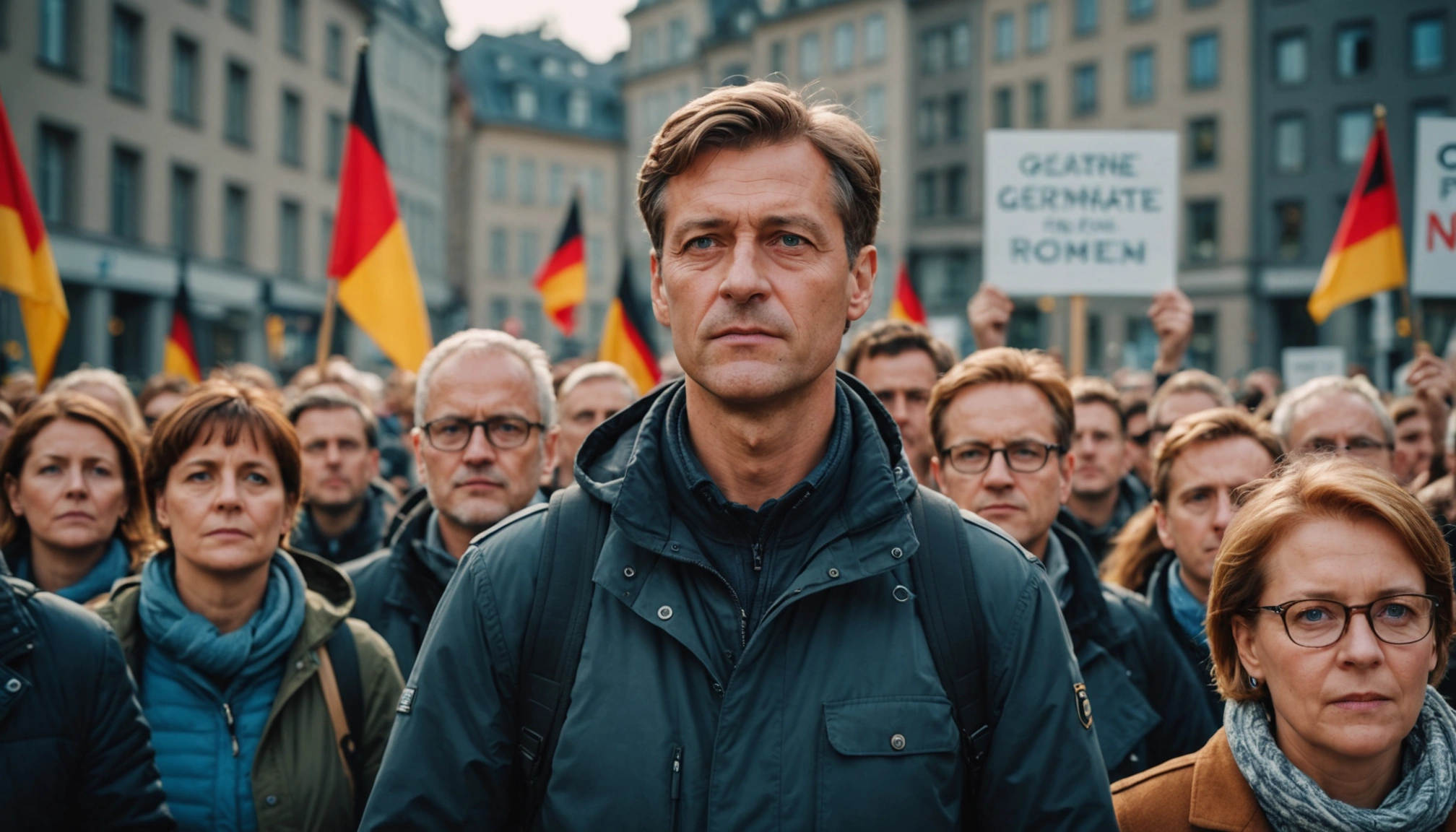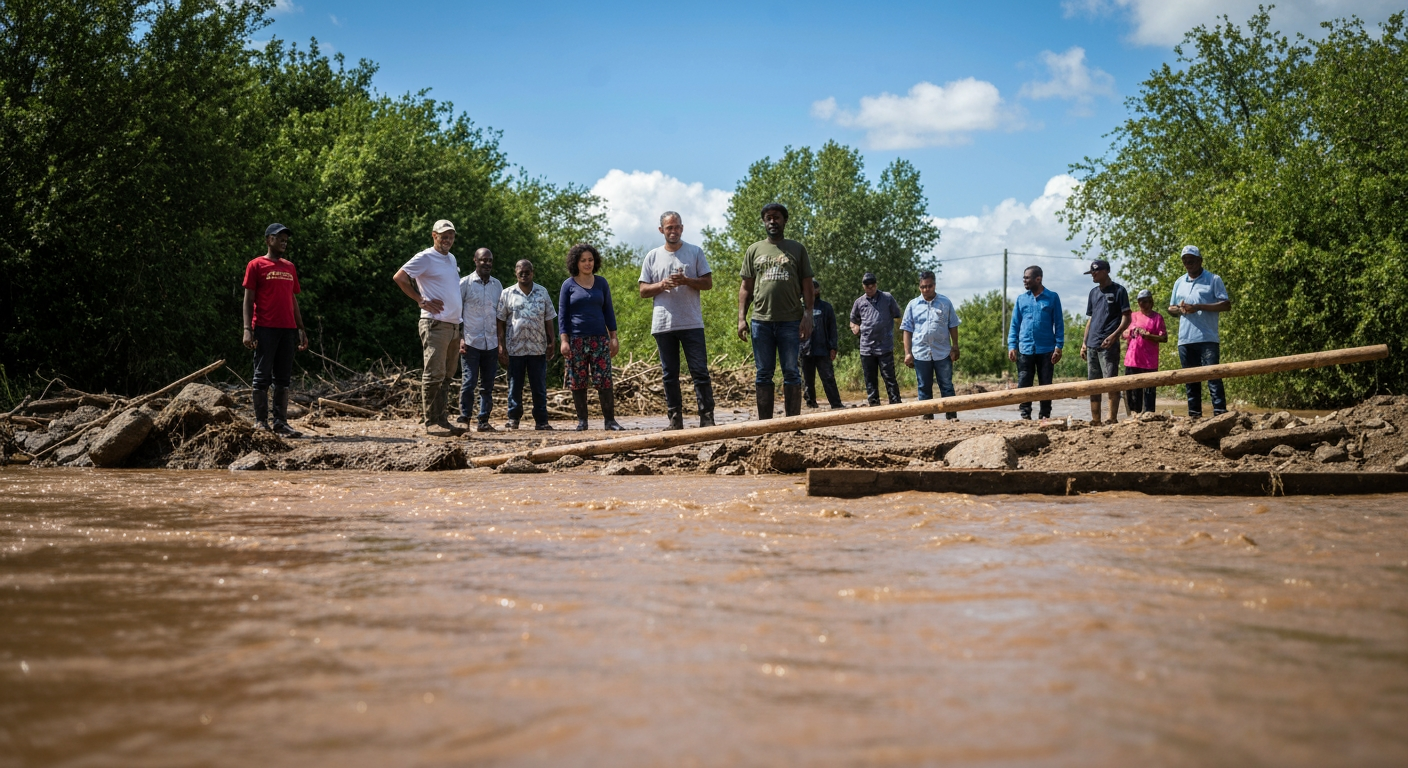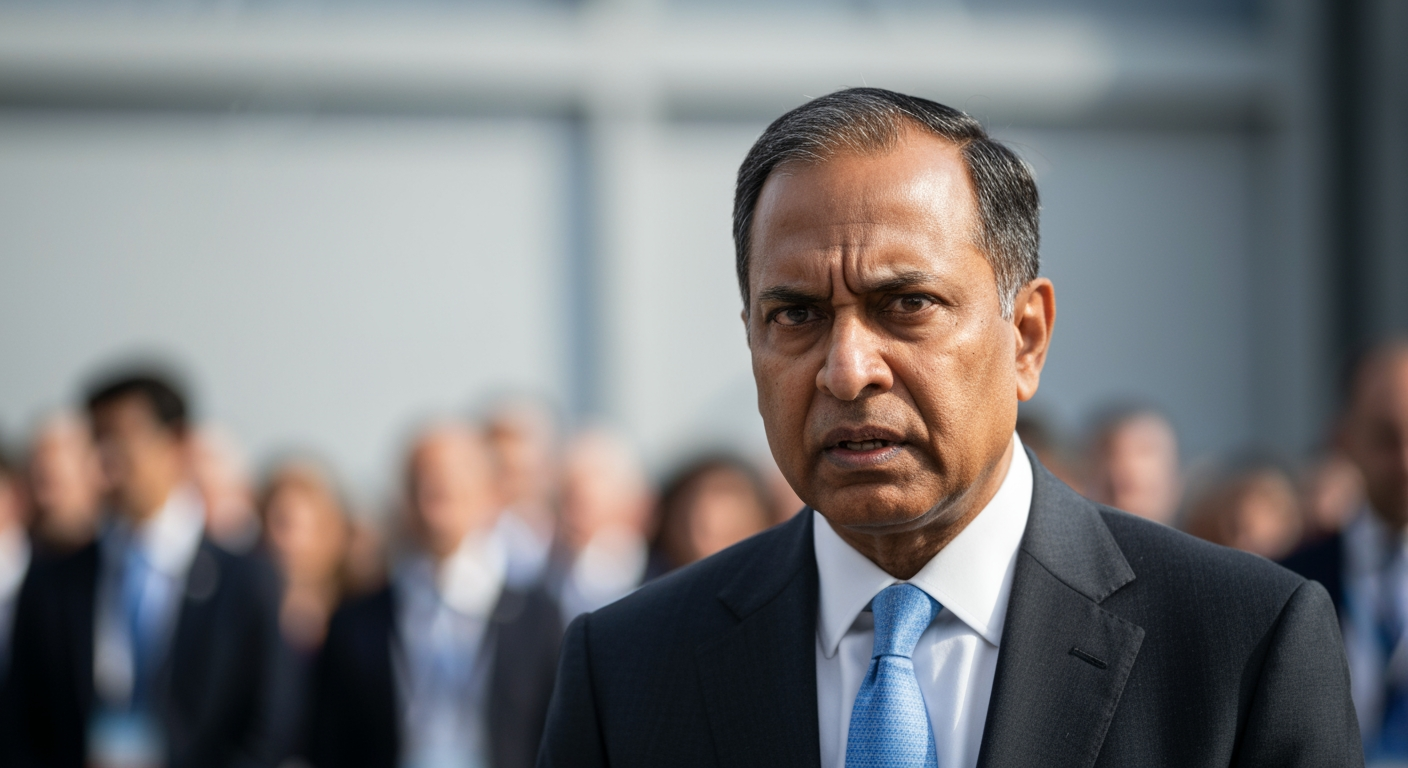German Climate Movement Faces New Challenges Amidst Shifting Political Landscape

Germany, long considered a frontrunner in global climate action, finds its climate movement at a crossroads. While the nation remains committed to ambitious emissions reduction targets, including a 65% reduction by 2030 and climate neutrality by 2045, the path forward is fraught with challenges. These include a shifting political landscape, declining public support for certain activist tactics, and the rise of right-wing parties skeptical of climate policies. As Germany navigates these complexities, the future of its climate movement hinges on its ability to adapt, build broader coalitions, and regain public trust.
Declining Momentum and Shifting Priorities
In recent years, the German climate movement has experienced a decline in momentum. Once a dominant issue in German elections, climate policy has taken a backseat to concerns about immigration, the economy, and the rise of the far-right. Public support for the movement has also decreased, with some sources indicating it has halved between 2021 and 2023. This shift in public opinion is reflected in political discourse, with politicians increasingly turning away from climate as their top priority.
Several factors contribute to this decline. The COVID-19 pandemic, the war in Ukraine, and rising inflation have diverted public attention and resources to more immediate concerns. Additionally, some segments of the population have grown disillusioned with the tactics employed by certain activist groups, such as road blockades and other forms of civil disobedience. While these actions are intended to raise awareness and pressure policymakers, they have often been met with public backlash and accusations of disrupting daily life.
Political Opposition and the Rise of the Right
The German climate movement also faces increasing political opposition, particularly from right-wing parties like Alternative für Deutschland (AfD). The AfD has questioned the legitimacy of climate change and called for Germany to withdraw from international agreements like the Paris Climate Accord. While mainstream parties have ruled out governing with the AfD, its growing popularity poses a significant challenge to the climate movement.
Even within the center-right Christian Democratic Union (CDU), there is a growing emphasis on economic growth over climate policies. Friedrich Merz, the leader of the CDU and likely the next German chancellor, has promised to prioritize the economy and move away from some of the previous government's environmentally-focused policies. This shift in political priorities could lead to a weakening of climate legislation and a slowdown in the implementation of climate action measures.
Adapting Strategies and Building Coalitions
In response to these challenges, the German climate movement is adapting its strategies and seeking to build broader coalitions. Recognizing the need to regain public support and counter the influence of right-wing parties, activists are increasingly focusing on social justice issues and forging alliances with trade unions and other social organizations.
One example of this is the #WirFahrenZusammen (We Are Driving Together) campaign, which seeks to build an alliance between climate activists and public transport unions. By aligning climate action with social justice, the movement hopes to broaden its base of support and demonstrate that climate policies can benefit all members of society.
Another shift involves moving away from disruptive protests and focusing on more constructive forms of engagement. For instance, the Last Generation group, known for its road blockades, has announced that it will drop its name and focus on social issues related to climate change. The group plans to work on social cohesion and help establish connections between people to help each other deal with climate change, while continuing to organize protests, but with less focus on road or airport blockades.
Germany's Climate Goals and the Energy Transition
Despite the challenges, Germany remains committed to its ambitious climate goals. The country aims to reduce emissions from burning coal, oil, and gas by 65% by 2030 and achieve climate neutrality by 2045. To achieve these goals, Germany is undergoing a major energy transition, known as the "Energiewende," which involves phasing out coal-fired power generation and expanding renewable energy sources.
Germany has already made significant progress in this area. In 2024, renewable energy sources like wind and solar contributed to approximately 55% of the country's electricity consumption. However, challenges remain, including the need to upgrade electricity grids to accommodate the increasing share of renewable energy and to address the social and economic impacts of phasing out coal.
The Path Forward
The future of the German climate movement depends on its ability to navigate the complex challenges it faces. This requires adapting strategies, building broader coalitions, and regaining public trust. It also requires strong political leadership and a commitment to implementing effective climate policies.
While the rise of right-wing parties and the shift in political priorities pose a threat to climate action, there are also reasons for optimism. Climate change remains a key priority for many Germans, and there is broad support for the energy transition. By working together, climate activists, policymakers, and the public can ensure that Germany remains a leader in global climate action.
In conclusion, the German climate movement is at a critical juncture. The path ahead will require resilience, adaptability, and a renewed focus on building a broad-based coalition for climate action. While challenges remain, Germany's commitment to its climate goals and its history of environmental leadership provide a foundation for continued progress. The success of the German climate movement will not only determine the country's own future but also have significant implications for global efforts to address climate change.


